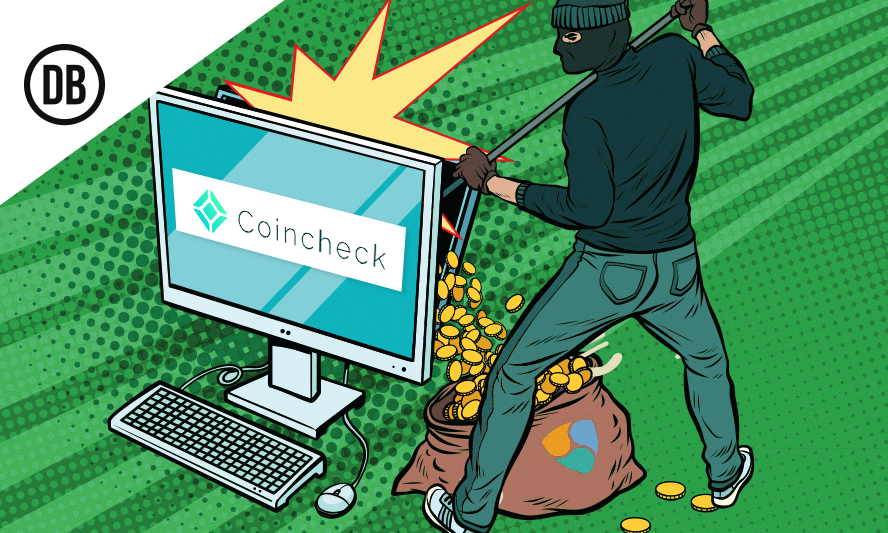$530 Million Lost in Cryptocurrency Exchange Hack
On Friday 26th the trading platform Coincheck stopped all exchanges of cryptocurrencies, excluding Bitcoin, after discovering that hackers had stolen the equivalent of 58 billion yen (roughly 378.4 million pounds) in NEM coins.
According to crypto currency research firm Chainalysis, losses of bitcoin, including stealing individuals’ holdings through scams, malicious computer software known as ransom ware and hacks, increased at least 30 times to $95 million in 2016 from at least $3 million in 2013.
Coincheck said that around 523 million of the exchange’s NEM coins were sent to another account.
Coincheck said in a blog post that the hack “has caused vast distress to our customers, other exchanges, and people throughout the cryptocurrency industry”.
Due to the pseudonymous nature of bitcoin, criminals have been looking at other more anonymous digital currencies such as Monero and Zcash. The stolen 500 million NEM tokens were stored in the Internet-connected “hot storage” at Coincheck.
The Financial Services Agency (FSA) said in a statement that it had ordered Coincheck to investigate the cause of the incident, “properly” deal with clients, strengthen risk management and take preventive measures.
South Korea, Japan, China, and other Asian countries became one of the biggest markets in the world for cryptocurrencies.
The latest hack to hit a major cryptocurrency exchange highlights the vulnerabilities of the developing technology.
The reported loss tops the 48 billion yen that Mt. Gox, a Japan-based Bitcoin exchange, lost in 2014.
The company admitted earlier that it lacked the technological skills and personnel to ensure its NEM digital currency could not be hacked.
The need to support Coincheck, especially in light of their commitment to refund affected customers, has been a common sentiment among Japanese crypto community’s opinion leaders today, even as they acknowledged the exchange’s part in not providing sufficient security for its NEM wallet. “They went to hackers’ wallet but if we don’t know who the hackers are we can not catch them”.
“Unlike fraudulent bank or PayPal transactions, theft of digital coins is very hard to trace and virtually impossible to revert”, Kolochenko says. All of those tokens have been tagged, so anyone who is considering buying these tokens will be able to see they were stolen from the Coincheck exchange and should not accept them.
Founded in 2012, the company is based in Tokyo, where it employed 71 people as of August a year ago.
What do you think about Coincheck’s reprimand from regulators?








